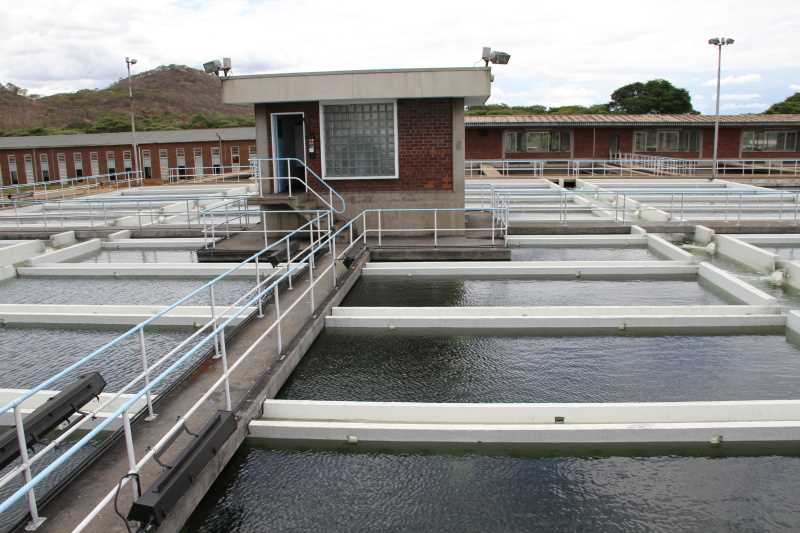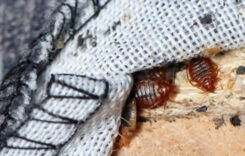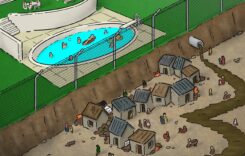Harare City Council has partnered the United Nations Children’s Fund (UNICEF) and the United States Embassy in Zimbabwe in installing an automatic Chlorine Regulator as part of steps to help improve water quality and reduce risks of waterborne diseases in the capital.
The council has struggled to meet the daily demand for water supply in Harare due to a shortage of costly water treatment chemicals which City Mayor Jacob Mafume requires at least US$2 million monthly.
Below is a table with chemicals that are used to purify water in Harare.
| Chemical | Purpose |
| Powdered Activated Carbon | Removal of odours |
| Liquid Aluminium Sulphate (Alum) | Main coagulant for removal of suspended solids and colloidal matter |
| Gas Chlorine | Oxidation (control of algae) Disinfection (control of bacteria) |
| Hydrated Lime | PH correction |
| Granular Aluminium Sulphate | Used as a substitute and/or to supplement liquid aluminium sulphate |
| Calcium Hypochlorite (HTH) | Substitute of gas chlorine (granular form) |
| Sulphuric Acid | PH reduction to improve efficacy of aluminium sulphate (also consumes sulphuric acid to prepare) |
| Ammonia | Aids in residual chlorine retention |
| Sodium Silicate | Coagulant aid to aluminium sulphate (also consumes sulphuric acid to prepare) |
How much water does Harare need daily?
Harare has a daily demand of 1400 mega litres whilst Morton Jaffray` plant produces 750 mega litres daily at maximum capacity.
How safe are water treatment chemicals?
According to the World Health Organisation (WHO) guidelines for drinking water quality, “the use of chemical disinfectants in water treatment usually results in the formation of chemical by-products. However, the risks to health from these by-products are extremely small in comparison with the risks associated with inadequate disinfection, and it is important that disinfection not be compromised in attempting to control such by-products.”
Sources
City Of Harare
Related Content
Do you want to use our content? Click Here












